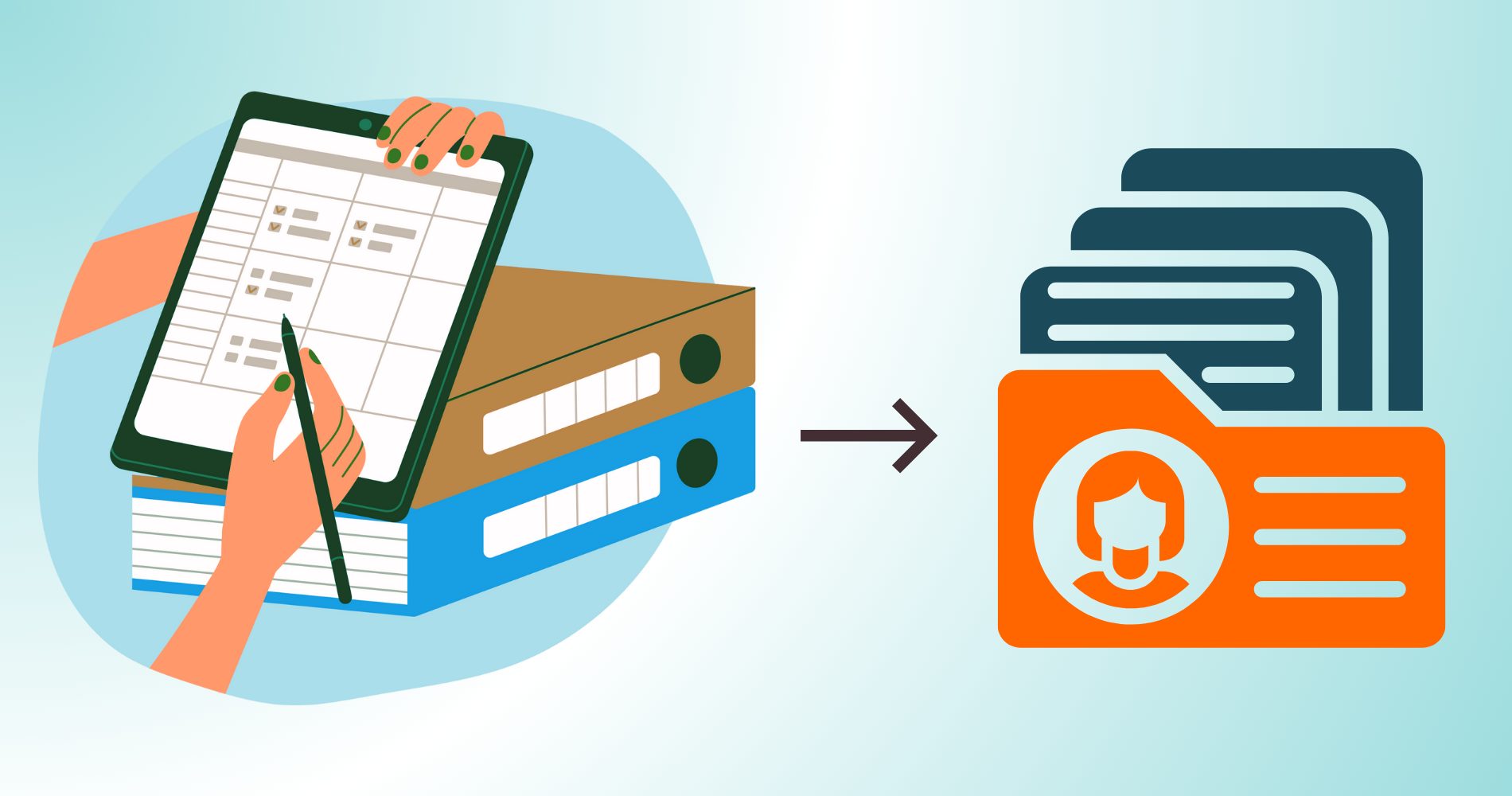Microsoft Dynamics 365 is not just a suite of business applications – it’s a highly extensible platform designed to adapt to the unique operational models of diverse industries. Whether you’re in manufacturing, healthcare, retail, or professional services, Dynamics 365 offers a robust framework for customization that balances flexibility with maintainability.
To help you get the most out of it, we’ve broken this blog into three parts: exploring the technical customization capabilities of Dynamics 365, outlining best practices, and sharing real-world examples of how different industries tailor the platform to meet their specific needs.
Part 1: Technical Customization Capabilities
Dynamics 365 supports a layered customization model, enabling both low-code and pro-code development:
Declarative (No-Code/Low-Code) Customizations
• Custom Entities & Fields: Extend the data model using custom tables and attributes.
• Business Rules: Apply logic at the form level without writing code.
• Power Automate: Automate workflows across Dynamics and external systems.
• Power Apps: Build custom apps that interact with Dynamics data via Dataverse.
• Power BI: Create interactive dashboards and reports embedded within Dynamics.
Programmatic (Pro-Code) Customizations
• Plugins: Write C# code to execute business logic on data events (e.g., create, update).
• JavaScript: Enhance form behavior and UI responsiveness.
• Custom APIs: Expose or consume external services using RESTful APIs.
• Azure Functions: Offload complex processing or integrate with external systems asynchronously.
UI/UX Customization
• Modify sitemap and navigation
• Create role-based dashboards
• Apply custom themes and branding
Part 2: Best Practices for Customization
To ensure scalability, maintainability, and performance, follow these technical best practices:
1. Utilize Out-of-the-Box Features First: Before building custom components, assess whether native functionality meets your requirements. Over-customization increases technical debt and upgrade complexity.
2. Follow ALM (Application Lifecycle Management): Use solutions and version control (e.g., Azure DevOps) to manage environments, deploy changes, and track history.
3. Isolate Business Logic: Encapsulate logic in plugins or Power Automate flows rather than embedding it in UI scripts. This improves reusability and testability.
4. Monitor Performance: Use tools like the Performance Center, Plugin Profiler, and Telemetry via Application Insights to monitor and optimize custom components.
5. Secure Customizations: Apply role-based security, field-level security, and data loss prevention (DLP) policies to protect sensitive data.
Part 3: How Does Dynamics 365 Fit My Organization?
Dynamics 365’s modular architecture and extensibility make it a strong fit for a wide range of industries. By leveraging both low-code tools and advanced development techniques, organizations can tailor the platform to meet highly specific operational requirements. Below are examples of how different sectors are customizing Dynamics 365 to drive efficiency, compliance, and innovation.
Municipal Government
– Citizen Case Management: Customize Customer Service to manage service requests, complaints, and public inquiries.
– Permit & Licensing Workflows: Automate application intake, approvals, and renewals using Power Automate and custom entities.
– Council Meeting Management: Build Power Apps to manage agendas, minutes, and voting records.
– Integration with GIS Systems: Use Azure Logic Apps to connect Dynamics with geographic information systems for zoning and infrastructure data.
Dynamics 365 in Action: A mid-sized Canadian city implemented Dynamics 365 to centralize citizen service requests across departments. Using Power Automate, they built automated workflows for routing issues (e.g., potholes, noise complaints) to the appropriate municipal teams. Integration with GIS allowed real-time mapping of service zones, improving response times by 30%.
Retail
– Loyalty Program Management: Create custom entities and workflows to track customer rewards and redemptions.
– POS Integration: Use APIs to connect Dynamics 365 Commerce with third-party point-of-sale systems.
– Inventory Alerts: Automate stock level notifications using Power Automate.
Dynamics 365 in Action: A national fashion retailer used Dynamics 365 Commerce to unify customer data across online and in-store channels. They developed a custom loyalty program using Power Apps and integrated it with their POS system. This enabled personalized promotions and increased repeat purchases by 18% within six months.
Manufacturing
– Production Order Customization: Extend the Supply Chain module to include custom production workflows.
– IoT Integration: Connect Dynamics with Azure IoT Hub to monitor machine health and trigger maintenance workflows.
– Vendor Scorecards: Use Power BI to visualize supplier performance metrics.
Dynamics 365 in Action: A precision parts manufacturer integrated Dynamics 365 with Azure IoT to monitor machine performance in real time. When anomalies were detected, automated maintenance requests were triggered in Dynamics. This reduced unplanned downtime by 40% and improved overall equipment effectiveness (OEE).
Professional Services
– Project Templates: Customize Dynamics 365 Project Operations with reusable project templates.
– Time Tracking Enhancements: Build Power Apps for mobile time entry and integrate with payroll systems.
– Client Onboarding Workflows: Automate document collection and approval processes using Power Automate.
Dynamics 365 in Action: A global consulting firm customized Dynamics 365 Project Operations to standardize project delivery across regions. They built reusable project templates and integrated time tracking via a mobile Power App. This reduced project setup time by 50% and improved billing accuracy.
Dynamics 365 is a powerful platform that can be molded to fit virtually any business model. However, the key to successful customization lies in strategic planning, technical discipline, and industry insight. By leveraging the right mix of low-code tools and advanced development techniques, organizations can create tailored solutions that drive efficiency, compliance, and innovation.
If you’re looking to customize Dynamics 365 so it better meets your needs, connect with Elantis today! Our experts have worked across many industries and can help identify ways to tailor the system to your unique processes.



























